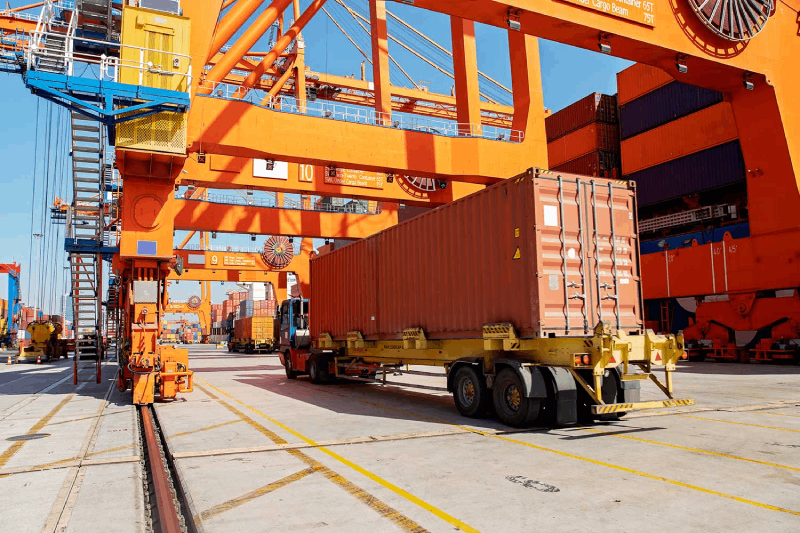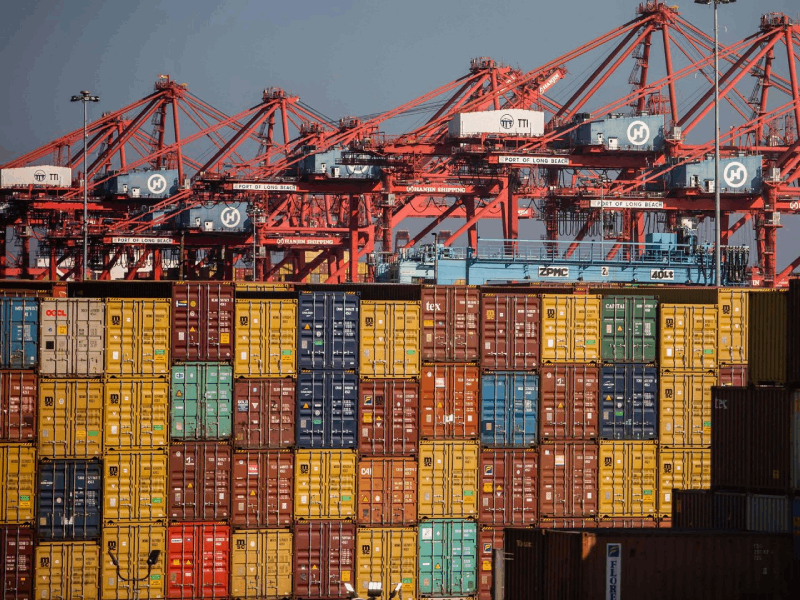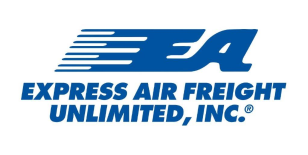Time:2022-07-07 Publisher:Kevin Num:5433

Port congestion is one of the most heard words in the shipping market in the past two years. Although the congestion of global ports has eased some time ago, the congestion of major ports in the world has begun to become increasingly serious.
A large number of containers are piled up in the port, which will also lead to demurrage and detention (D&D).
According to a new survey by container xchange, an online container trading and leasing platform. This year, the average demurrage and detention (D&D) charges of containers worldwide have decreased, but they are still about 12% higher than before the outbreak of the epidemic.
In its recently released data, it compared the D&D rates charged by eight top shipping companies in the world's 60 largest container ports to shippers.
This is the data that they collected more than 20000 data points from open sources and then compared them with the D&D fees charged by operators to customers.
According to its survey results, the global average D&D fee charged by carriers after free time increased from $586 in 2020 to $868 last year. So far this year, the average D&D cost has fallen to $664 per container.
According to the report, "by region, the d&d cost in the United States was the highest in May, at $2692 per container. By comparison, it was $549 in Europe, $453 in China and $366 in other parts of Asia."
Data show that New York is the most expensive port for D&D in the world, followed by long beach, Los Angeles, Oakland and Savannah.
The prices of these five American ports are more than twoorthree times higher than those of Hong Kong, China, and at least 20 times higher than those of other major Asian ports.

According to the data of Container x Change, among all ports, COSCO Shipping has the lowest d&d cost, while HMM has the highest d&d cost.
Earlier, President Biden signed the ocean transportation reform act of 2022 (OSRA), giving greater powers to the Federal Maritime Commission (FMC).
The purpose is to eliminate unfair charges on importers and effectively transfer the burden of proof of the rationality of D&D costs.
At the FIATA meeting in May, Rebecca dye, the U.S. FMC Commissioner, mentioned tightening d&d charging procedures and said, "if the charging principle is not established, no fees should be charged."
She said that the change in the rules shifted the risk to maritime carriers and port operators to maintain the flow of goods and avoid charges ".
U.S. regulators have made their position clear. For example, Herbert Roth agreed to pay a civil fine of $2million after being accused by FMC of violating D&D.



